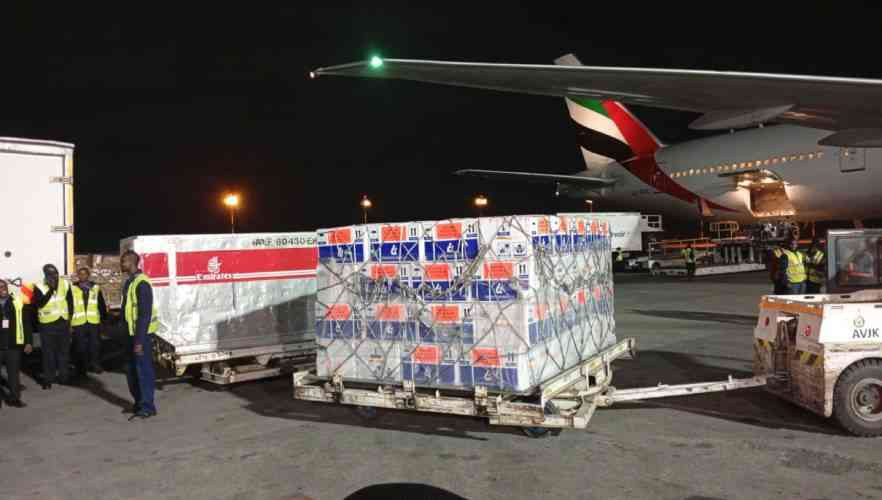
The Pharmacy and Poisons Board (PPB) has dismissed reports alleging that it blocked more than 21,000 medical products from entering Kenya, terming the claims false, misleading, and intended to cause unnecessary public alarm.
In a statement issued on Sunday, the regulator responded to accusations by the Kenya Pharmaceutical Distributors Association (KPDA), which had urged the government to lift what it described as a blockade on medicine imports.
KPDA claimed that recent system changes by the PPB, meant to align with World Health Organisation (WHO) audit standards, had disrupted imports and could trigger a national health crisis.
However, the PPB clarified that no import ban exists, emphasising that the importation and distribution of medicines across the country are continuing as normal.
“Contrary to the falsehoods, there is no blockade of medicines in Kenya. The Board has duly retained approximately 9,000 registered products that meet national and international standards for safety, efficacy, and quality,” the statement read in parts. “These products remain available for local manufacture, importation, and distribution.”
The regulator explained that its ongoing review of medical product registrations is part of a routine regulatory process required under the 2022 Pharmacy and Poisons Rules, which mandate renewal of product approvals every five years.
“In line with global regulatory best practices and as required under the Pharmacy and Poisons (Registration of Health Products and Technologies) Rules 2022, all marketing authorisations are subject to renewal every five years,” PPB stated. “This renewal process enables the Board to confirm that only products meeting current international standards of quality, safety, and efficacy remain on the Kenyan market.”
PPB noted that all market authorisation holders have until December 31, 2025, to complete the renewal process — a standard regulatory measure, not a restriction or ban.
The Board further alleged that “unscrupulous individuals and cartels” opposed to tighter oversight were behind the spread of misinformation to protect their own interests.
“Despite the resistance, the Board remains firm in its commitment to uphold the integrity of Kenya’s pharmaceutical sector and to protect the health and well-being of every Kenyan,” it said.
PPB urged the public, healthcare professionals, and the media to disregard misleading reports circulating online and rely only on official communication channels for credible regulatory information.
 The Standard Group Plc is a multi-media organization with investments in media
platforms spanning newspaper print
operations, television, radio broadcasting, digital and online services. The
Standard Group is recognized as a
leading multi-media house in Kenya with a key influence in matters of national
and international interest.
The Standard Group Plc is a multi-media organization with investments in media
platforms spanning newspaper print
operations, television, radio broadcasting, digital and online services. The
Standard Group is recognized as a
leading multi-media house in Kenya with a key influence in matters of national
and international interest.











